View Previous Members
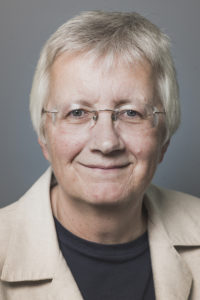
Margaret Flynn is the Chair. She chaired Lancashire’s safeguarding adults’ board for eight years and recently has led the review of Operation Jasmine into the neglect of older people living in care homes in Wales. She says “Twenty years ago the child protection and adult protection landscape was very different. We had a few documentaries, books written by professionals and, very occasionally, autobiographies describing growing up in families which could not protect children and lives in certain institutions which were destructive. I very much hope that the new legislation will help those who are struggling to overcome their history and those who are seeking to help them; make it possible for survivors, their relatives, whistle-blowers and professionals to strengthen and complement the instinctive care we have for each other into something enduring which we can all value.”
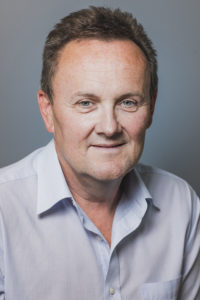
Keith Towler is the Vice Chair. Keith was the Children’s Commissioner for Wales between 2008 and 2015. A respected children’s rights expert, he has more than 30 years’ experience in social work, youth work and justice roles. Keith was a member of the Welsh Government’s National Children’s Safeguarding Forum as well as a panel member of the Family Justice Review. He says, “What an exciting opportunity we have to ensure that everyone in Wales feels safer and that those who are vulnerable receive the services and support they need to improve their lives. As a member of the National Board I want practitioners across Wales to take a rights’ based approach that actively listens to children, young people, vulnerable adults and older people and recognises that good advocacy can help professionals and others to deliver positive outcomes. The Act sets us all a challenge but nothing that’s worthwhile is ever easy!”
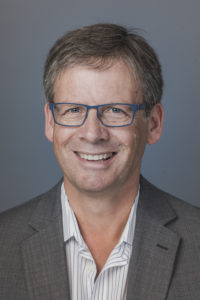
Simon Burch is a former Director of Social Services and chair of a Regional Safeguarding Children Board. As such, he has recent experience of leading organisations and practitioners to support people at risk of abuse or harm. Simon has a particular interest in domestic abuse and violence against women and the development of safe and fulfilling relationships. He says “Safeguarding to me means two inter-related things: building cohesive, equal and mutually supportive communities in which we can all flourish and continuing to improve our safeguarding systems so that the voices and aspirations of children and adults at risk drive all of our work. In Wales, we have the people, the legislative framework and the passion to do this if we really listen to what matters to people and trust our staff to work alongside them.”
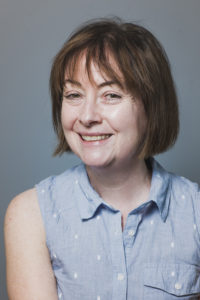
Ruth Henke QC is an expert in the law relating to adults and children and has acted on behalf of Welsh local authorities, health boards, parents and relatives, incapacitated adults and children. She says, “As we engage in safeguarding activities we must make sure that the rule of law is observed, that decision-making is evidence based and that we do not lose sight of the bigger picture.”
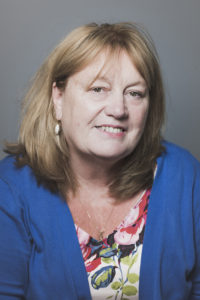
Jan Pickles OBE is an experienced social worker and has worked in the third sector, the probation service, the police, government and the NSPCC. Jan led the development of the multi-agency risk assessment conference (MARAC), which makes victims and children who experience domestic and sexual violence and abuse safer. This is now a national model. She says, “Safeguarding is about people – not processes. Unless we collectively strive to deliver valued outcomes for children, young people and adults, no matter how challenging their circumstances, there is no point in processes. To me, safeguarding is about people having choices in their lives and particularly in their relationships – which must be free of inhumane coercion.”
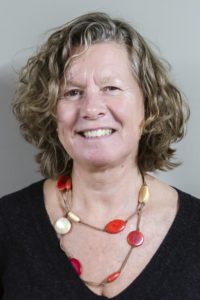
Rachel Shaw is a nurse, midwife and health visitor and brings significant health experience to the National Board. She has contributed to practice reviews as both a reviewer and as a panel chair. She says, “We have learned from people who have been abused that too many lives are blighted by silent suffering. To feel and be safe is a basic human right across the life course. We have learned also that understanding abuse from the point of view of people who have been harmed gives us insights into ways of helping people to overcome what has happened to them and inspires all of us to limit the likelihood of others being harmed. We have an opportunity to strengthen and empower individuals, communities and professionals to strive to make such learning central to everything we do.”